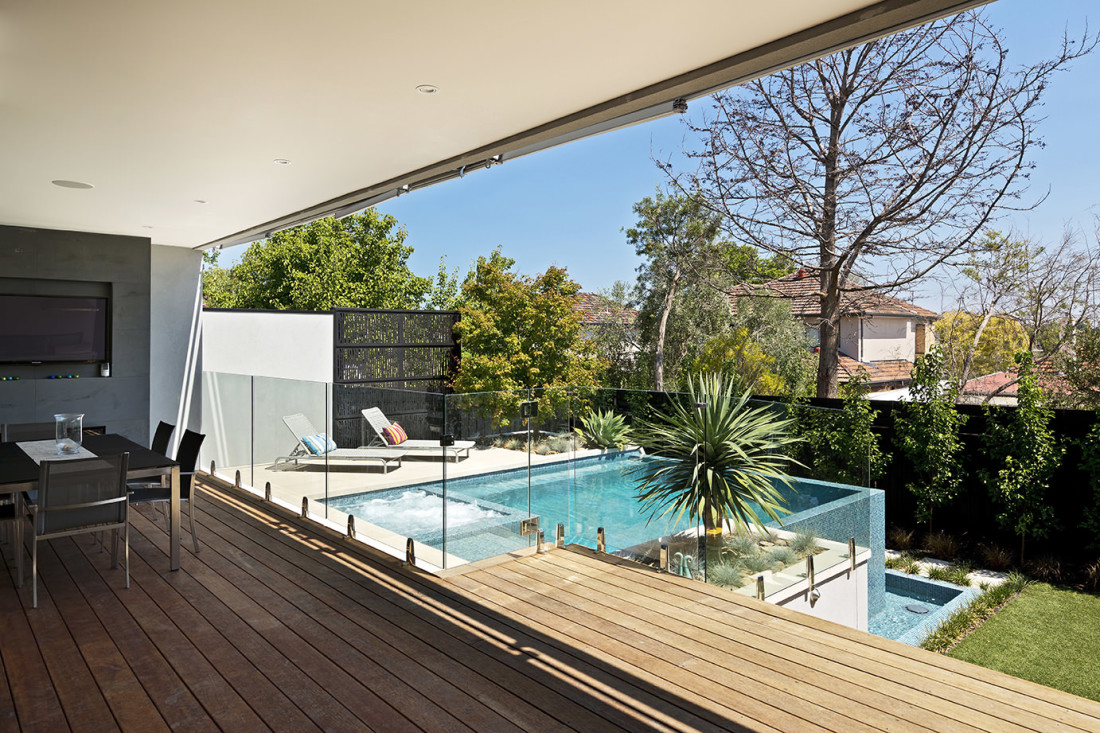
How to Heat a Pool Without a Heater? Smart Tips and Tricks
Share
Every pool owner knows the joy of a refreshing swim, but what happens when the water feels more like the Arctic than a tropical oasis? The answer doesnt have to involve spending a fortune on a heater. In this article, well go in-depth on how to heat a pool without a heater. Whether you're a tech enthusiast looking for innovative solutions or just someone trying to enjoy a warmer swim, weve got you covered.
Understanding how to optimize your pools temperature can significantly enhance your swimming experience without the hefty electricity bills. Lets dive into some innovative methods!

1. Utilize Solar Pool Covers
One of the simplest methods for keeping your pool warm is using a solar pool cover. These covers trap heat from the sun during the day and reduce heat loss during the night. Not only do they help maintain a consistent temperature, but they also limit evaporation, conserving water and maintaining chemical balance.
For a more techy twist, consider investing in a smart solar cover that can be automated based on weather conditions.

2. Harness the Power of Solar Heating Systems
If you want to take your DIY game to the next level, consider implementing a solar heating system. These systems use solar panels to capture sunlight and heat water, which is then circulated through your pool.
Configuring a solar heating system requires some initial investment and know-how, but the energy savings can significantly lower your long-term operational costs. A well-placed system can increase the water temperature by 5 to 15 degrees Fahrenheit, offering a much more pleasurable swimming experience.

3. Create Windbreaks
Another ingenious way how to heat a pool without a heater is by blocking cold winds. Install windbreaks such as fences or hedges to minimize the chilling effect of wind exposure on your pool water.
As an added benefit, a windbreak helps retain moisture and maintains chemical levels in your pool, further enhancing your swimming experience.

4. Use Pool Fountains for Aeration
While it may seem counterintuitive, adding a pool fountain can help distribute heat through the pool. Aeration can lead to increased evaporation, but strategically using a fountain on sunnier days can counteract some of this evaporation and result in an overall warmer pool.
The movement of water can also create a beautiful ambiance in your outdoor space, making it even more inviting to immerse yourself.
5. Optimize Your Pools Surface Area
The amount of sun exposure your pool gets has a significant impact on how warm it can become. If the surface area is minimal and surrounded by shade, your pool's temperature will drop dramatically. Consider replanting any foliage that casts shadows over the pool or trimming back any overhanging branches.
For an advanced strategy, you could implement smart landscaping solutions to maximize sun exposure during the warmer months.
Conclusion
If you're looking to enhance your tech-savvy outdoor adventures this summer, understanding how to heat a pool without a heater can yield rewarding results. Simple strategies like using a solar cover, harnessing solar heating systems, creating windbreaks, employing aeration with fountains, and optimizing surface exposure can dramatically improve your swimming experience without the high costs associated with conventional heating methods.
For additional tips on pool maintenance and optimization, check out this article on winterizing an above-ground pool.
Ultimately, finding the right balance of techniques will lead to a warmer, more inviting pool without the added strain on your utility bills.
FAQ
Q1: Can solar covers really make a difference in pool temperature?
A1: Yes! Solar covers can significantly retain heat, especially in sunny conditions and reduce evaporation, enhancing temperature stability.
Q2: How effective are solar heating systems?
A2: Solar heating systems can increase pool temperature by several degrees and are often cost-effective in the long run.
Q3: Are windbreaks necessary for outdoor pools?
A3: Windbreaks are not just beneficial but can significantly maintain pool temperature and reduce cooling effects of the wind.
As an Amazon Associate, I earn from qualifying purchases.
